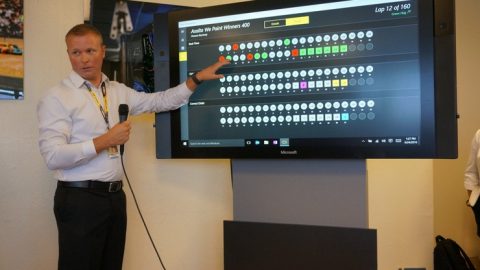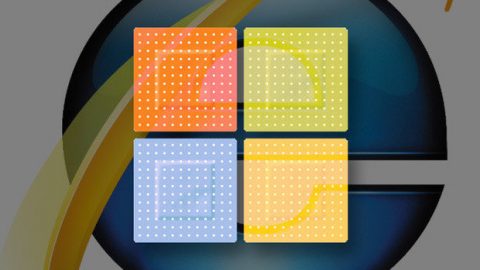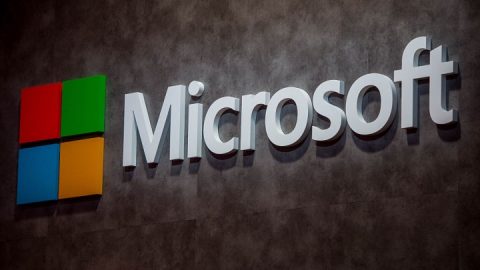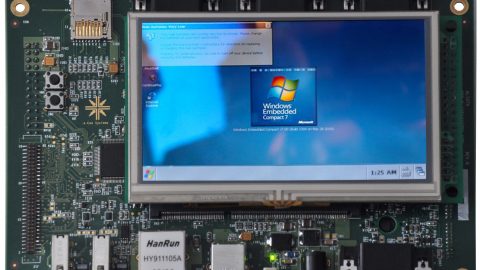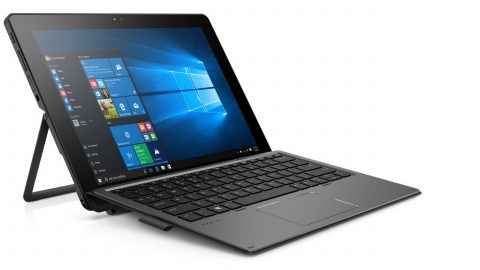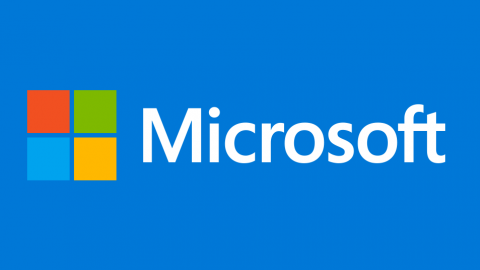They agree that Cloud is most likely meant to take on Chromebooks
Talk of a new version of Windows 10, dubbed “Cloud,” surfaced last week as eagle-eyed bloggers uncovered clues in a recent beta and preliminary code leaked to the Internet.
It was unclear what purpose another edition would serve, but because it will apparently run only Universal Windows Platform (UWP) apps obtained from Microsoft’s store, many assumed that Windows 10 Cloud would play rival to Google’s Chrome OS, the browser-based operating system for Chromebook personal computers.
Chromebooks have gained ground in education, where their low cost — both in device price and in managing those devices — has been irresistible to many schools. In response, Microsoft joined forces with chip maker Qualcomm to announce that the former’s partners would market Windows PCs powered by ARM-based silicon later this year. For its part, Microsoft will craft a version of Windows 10 for ARM chips.
The leaked build of Windows 10 Cloud, however, runs on Intel processors.
“I see this as an effort to offer a simpler experience and in the process, better battle Chromebooks,” said Patrick Moorhead, principal analyst at More Insights & Strategy, via email.
“My take is that [Microsoft is] trying to address the low-end Chromebook market,” concurred Bob O’Donnell, chief analyst at Technalysis Research, when asked about Windows 10 Cloud. Microsoft, he contended, sees Chromebooks and Chrome OS as “a real threat and concern” to its Windows business, if not overall then within the education segment.
But O’Donnell also wondered how Microsoft could successfully compete with Chrome OS and Chromebooks, even if it wielded weapons like Windows 10 Cloud and/or Windows 10 on ARM. “The thing that’s confusing and hard to figure out why Microsoft keeps [going after Chromebooks] is that part of the reason why Chromebooks have done well is that they’re so much easier for the back end and admin side. And Microsoft doesn’t have an answer to that,” O’Donnell said.
“They’re trying to address a problem, but from the wrong perspective,” he added.
Because the details of Windows 10 Cloud were so sketchy, it was impossible for the analysts to offer an opinion on its technical merits. But O’Donnell hoped Microsoft would not repeat the mistake that laid low a predecessor, 2012’s Windows RT.
“Windows 10 on ARM will run x86 apps,” O’Donnell observed, referring to the traditional Windows applications designed for Intel processors. (Windows 10 on ARM will execute x86 programs using a hardware-based emulator.) “If they are limiting [Windows 10 Cloud] to just [UWP] Windows Store apps, it will be a challenge. The lack of x86 is what killed Windows RT more than anything else.”
Moorhead was more optimistic, even if Windows 10 Cloud is limited to UWP apps.
“I don’t see this as a repeat of Windows RT, but … it does share the notion of a very controlled and tighter ecosystem,” Moorhead said. “The Windows 10 app store is much larger than that of Windows 8 so, even if the rumors are true, [Microsoft is] in a much better position.”
By Gregg Keizer, source Computer World
Visit ICT Hardware website to see more Microsoft Products

